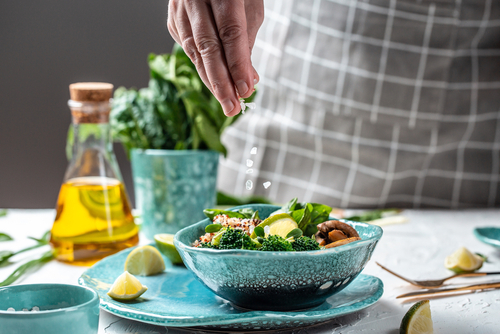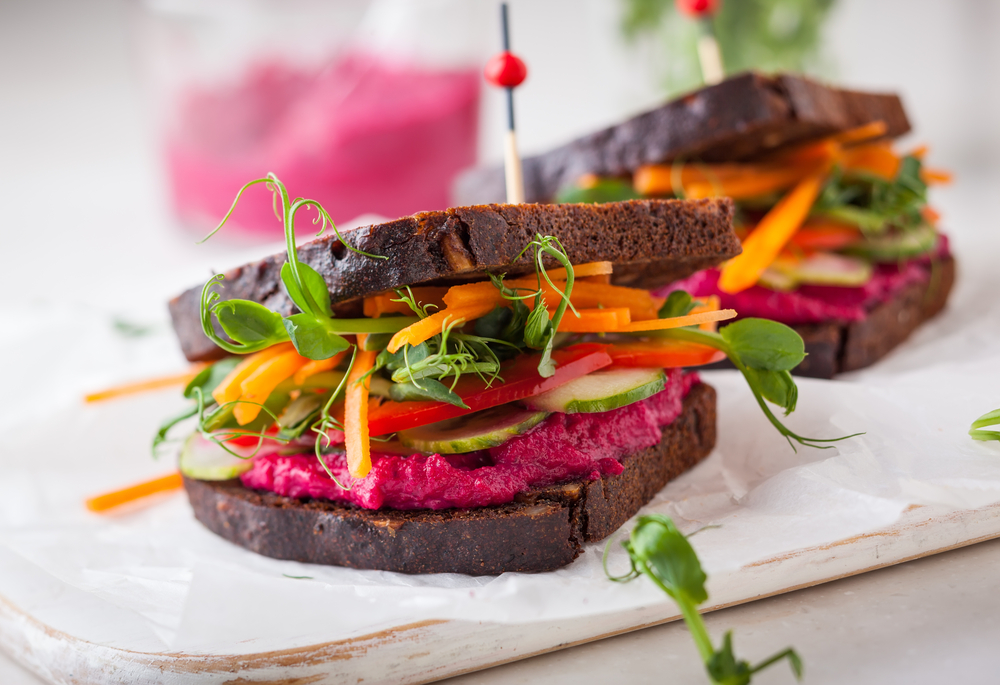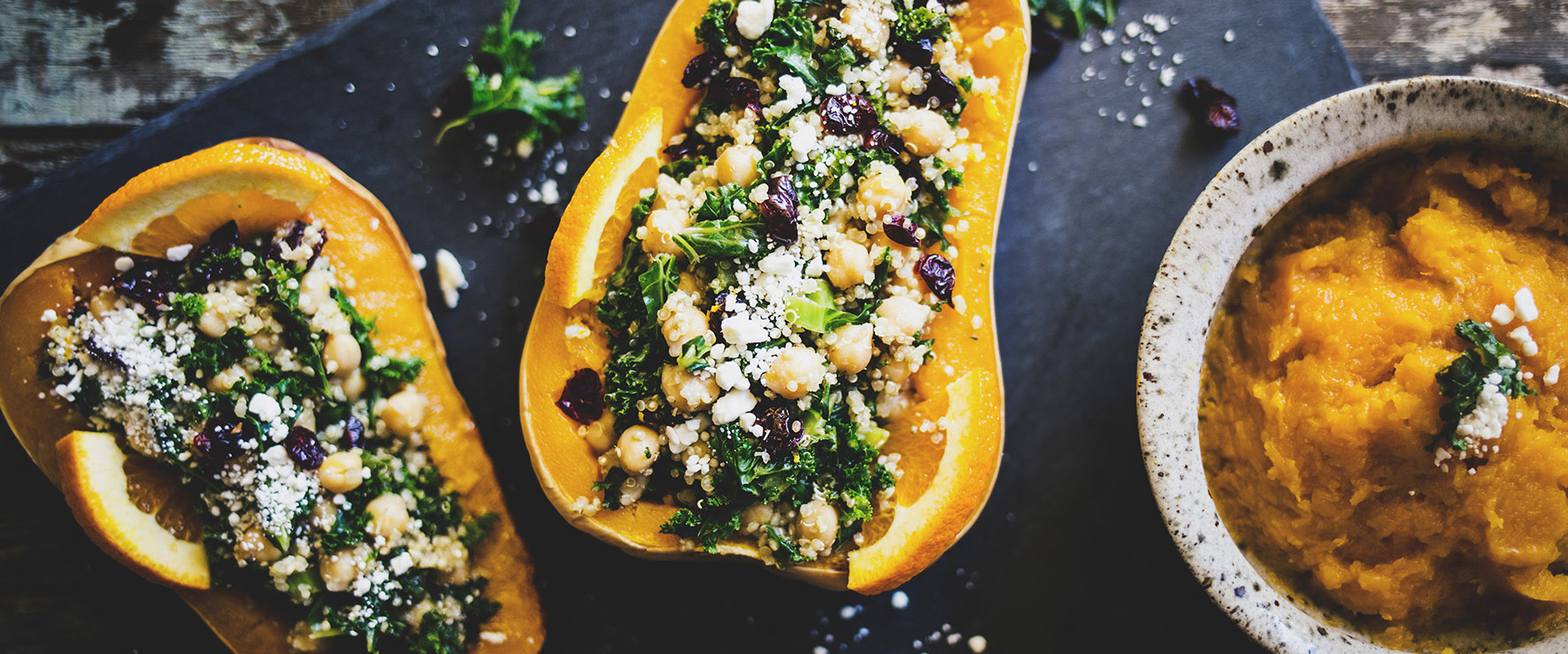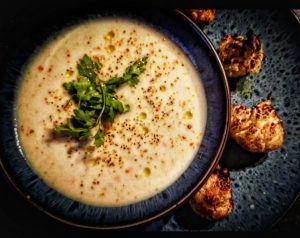Diet trends come and go, but veganism is here to stay. According to The Vegan Society, veganism is not just a diet, but a lifestyle that seeks to eliminate the use of all animal products from food, clothing, medicine, and entertainment.
When making such drastic changes in your diet, it is important to ensure you are still receiving the nutrients you need. Since many of our necessary nutrients are found in meat and dairy products, it is common to experience nutritional deficiencies when implementing a vegan diet. Luckily, there are vegan sources you can utilize to supplement these nutrients and thrive in your new lifestyle.
Purolabs, natural and potent supplements, suggest their top 4 supplements to try.

Vitamin B-12
Vitamin B-12 creates DNA. That means it is essential for keeping your blood cells, nerves, brain, skin, and nails healthy. Vitamin B-12 also prevents anemia, birth defects, vision problems, osteoporosis, and depressive symptoms2. Unfortunately, it is a challenge for vegans to get enough of it in their diets since it is mainly found in animal products such as meat, eggs, and yogurt. Insufficient levels of vitamin B-12 can result in anemia, fatigue, weakness, and constipation.
Per the National Health Service, adults should be getting 1.5 micrograms of vitamin B-12 each day3. To start, you can take vitamin B-12 supplements like Purolab’s Puro Vitamin B12, which provides you with 40,000% of your daily recommended dose in a single capsule. Or, you can incorporate more vitamin B-12 dense foods into your diet such as legumes, leafy greens, nutritional yeast, and sunflower seeds.
Vitamin D3
Vitamin D3 works in conjunction with calcium to keep our bones, teeth, and muscles strong. While we get most of our vitamin D3 from soaking up the sun, spending time indoors and regularly wearing sunscreen has us relying on foods such as fish and egg yolks to help us meet our daily dose of this essential nutrient. Low levels of vitamin D3 can leave you susceptible to a painful bone condition called osteomalacia.
To reach your recommended 10 micrograms of vitamin D3 each day, you can take a supplement such as Purolabs Puro Vegan D3 or spice up your meals with wild mushrooms and fortified soy milk, orange juice, cereals, or oatmeal.

Iron
Iron is a crucial component of hemoglobin which assists red blood cells in carrying oxygen from our lungs to all parts of our bodies. In food, iron comes in two forms – heme iron and non-heme iron4. Heme iron is found in animal flesh and non-heme iron is found in plant products. However, non-heme iron is much harder to absorb so we must consume more of it to obtain adequate levels of iron. An iron deficiency can lead to anemia, which is a lack of healthy red blood cells distributing oxygen throughout your body. You may experience fatigue, weakness, dizziness, pale skin, or cold hands and feet.
Taking iron supplements is an easy way to reach your daily dose of iron – try Purolabs Iron Complex. National Health Services suggest men get 8.7 mg per day and women get a slightly higher 14.8 mg to account for blood loss during menstruation. However, Vitamin C assists in iron absorption, so consider adding it to your regime to make the most of the iron sources you already have! Vegan sources of iron consist of cooked spinach, pumpkin seeds, tofu, beans, dried fruit, nuts, and fortified breakfast cereals.
Calcium
Calcium, commonly found in dairy products, is essential for building and maintaining strong bones, proper muscle function, and hormone release. Without adequate calcium, our bones can weaken leaving us prone to osteoporosis and fractures.
Since the most common sources of calcium are not compliant with a vegan diet, we have to find other ways to get the recommend 700 mg of calcium. Calcium is commonly found in multivitamins and taking one each day can help fill multiple nutritional gaps.
Luckily, there is also an abundance of vegan, calcium-rich foods you can include in your meals such as soybeans, tofu, tempeh, beans, chickpeas, seaweed, oranges, and blackberries.
Shop the full Purolabs range on their website https://purolabs.com/





